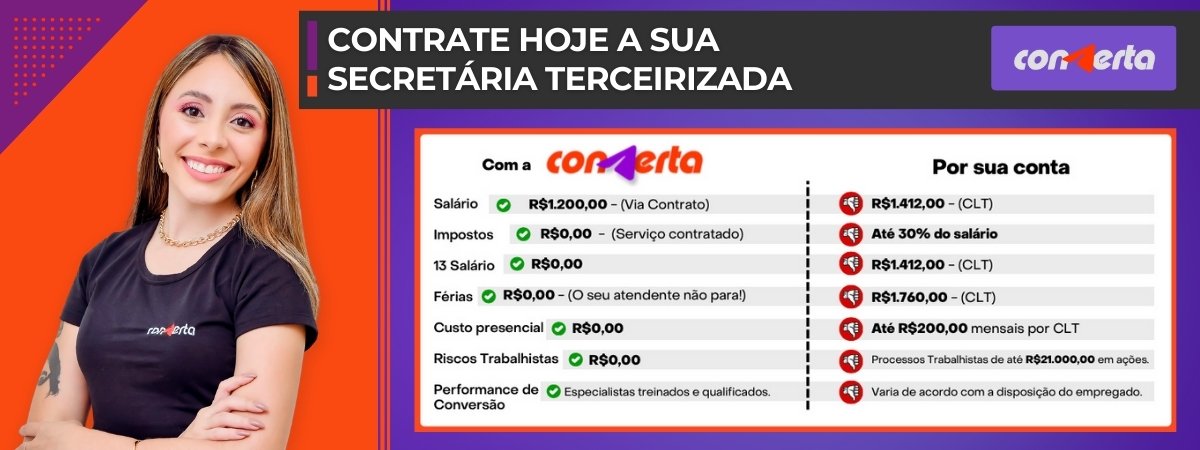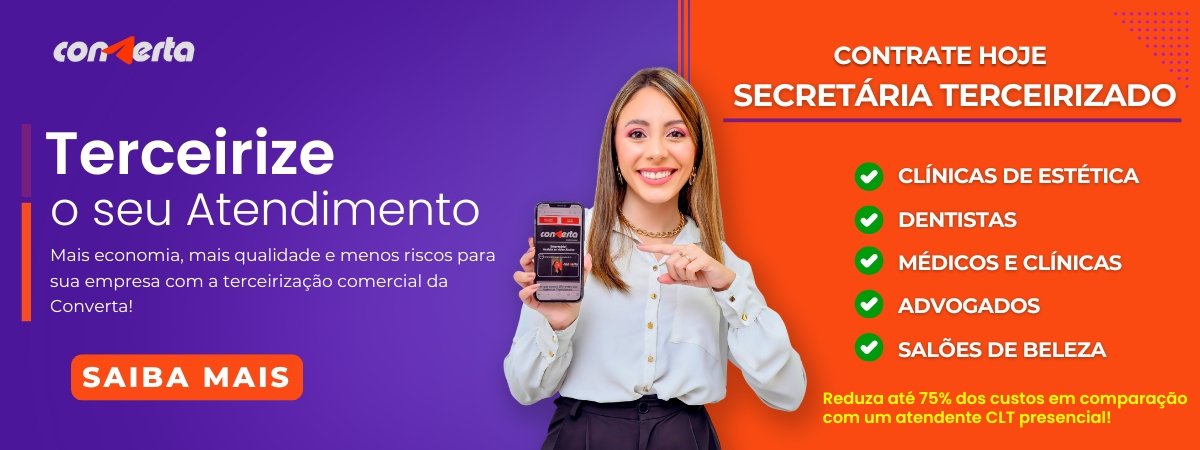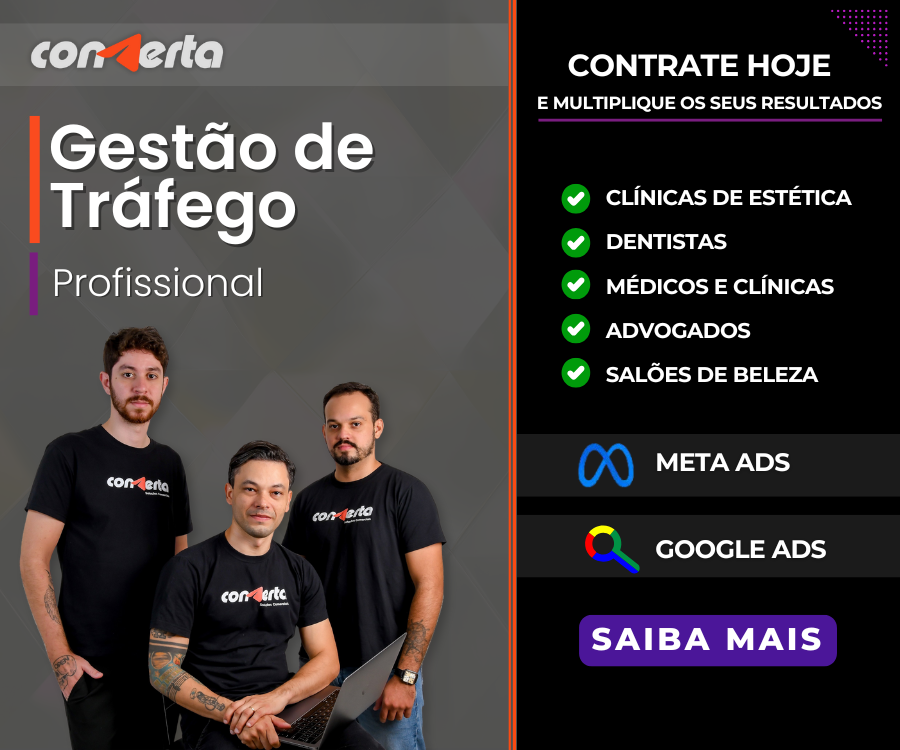O que Acontece se Usar Sobras de Comida para Alimentar Animais de Estimação?
Descubra como evitar riscos para a saúde dos seus animais de estimação e aprenda a fornecer uma dieta equilibrada e segura com alimentos adequados, para uma melhoria na saúde geral e uma maior longevidade e qualidade de vida.

O que Acontece se Usar Sobras de Comida para Alimentar Animais de Estimação?
Many pet owners face the dilemma of what to do with leftover food, often considering it as a convenient option for their pets. However, this practice can have serious consequences for the health and well-being of animals. Proper nutrition is essential for maintaining the health of pets, and using leftovers can lead to nutritional imbalances and other health issues. This article explores the implications of feeding pets with leftover food, discusses the current state of pet nutrition in Brazil, and provides alternatives for a healthier diet. Understanding these aspects is crucial for responsible pet ownership and ensuring the longevity and quality of life of our furry friends.
When pets are fed with leftover food, it can lead to various health problems. While some foods may seem harmless, others can be toxic to animals, such as chocolate, onions, and grapes. The lack of a balanced diet can result in nutritional deficiencies, digestive disorders, and even obesity. Additionally, some human foods contain high levels of sodium and fats, which are not suitable for pets and can cause long-term health issues. For instance, regular consumption of leftover food can disrupt the balance of essential nutrients required by pets, leading to complications like diabetes or liver disease. It is important to recognize that pets have different dietary needs compared to humans, and their nutrition should be carefully managed to ensure their well-being.
A proper diet is fundamental for the overall health and longevity of pets. Just like humans, animals require a balanced intake of proteins, vitamins, and minerals to maintain their bodily functions. A well-formulated diet tailored to the specific needs of each species ensures that pets receive the necessary nutrients for growth, energy, and immune system support. For example, dogs require a diet rich in protein and certain vitamins, while cats have specific needs for taurine and arachidonic acid. A lack of essential nutrients can lead to health conditions such as skin problems, weak immune systems, and joint issues. Therefore, understanding the dietary requirements of pets is crucial for providing them with the best possible care.
In Brazil, the practice of feeding pets with leftover food is still quite common, particularly in households with limited financial resources. While some owners are unaware of the potential risks, others opt for this method as a way to reduce waste and costs. However, there is a growing trend towards more informed and responsible pet ownership, with an increasing number of owners seeking high-quality commercial pet foods. According to data from the Brazilian Association of the Pet Food Industry (ABINPET), the pet food market in the country has been expanding, reflecting a greater awareness of the importance of proper pet nutrition. Despite this, many pets still suffer from health issues related to improper feeding practices, highlighting the need for further education and awareness.
While feeding pets with leftover food may seem like a convenient and cost-effective option, it comes with both benefits and risks. On the positive side, leftovers can add variety to a pet's diet and reduce food waste. However, the risks far outweigh the benefits. Many human foods are not nutritionally balanced for pets and can lead to health complications. For example, excessive salt intake can cause dehydration and electrolyte imbalances, while fatty foods can contribute to obesity and pancreatitis. Additionally, some foods contain toxins that are harmful to animals, such as caffeine, alcohol, and certain spices. Therefore, it is essential to approach this practice with caution and prioritize a balanced, species-appropriate diet.
Instead of relying on leftover food, pet owners can explore healthier and more sustainable alternatives. One option is to use high-quality commercial pet foods that are formulated to meet the specific nutritional needs of each species. Another alternative is to prepare homemade diets under the guidance of a veterinarian or pet nutritionist. These diets can be tailored to the individual needs of the pet and made from fresh, wholesome ingredients. Additionally, there are organic and natural pet food options available that avoid harmful additives and preservatives. Opting for these alternatives not only promotes the health of pets but also supports environmentally sustainable practices by reducing waste and the carbon footprint associated with pet food production.
The impact of feeding pets with leftover food can be significant and far-reaching. In the short term, it may lead to digestive upset, such as vomiting or diarrhea, especially if the food is spicy or high in fat. Over time, a diet consisting mainly of leftovers can result in chronic health issues, including obesity, diabetes, and liver or kidney disease. Moreover, the lack of essential nutrients can weaken the immune system, making pets more susceptible to infections and other illnesses. In severe cases, toxic substances in certain foods can lead to life-threatening conditions. Therefore, it is crucial for pet owners to prioritize a balanced and nutritious diet to ensure the long-term health and well-being of their pets.
Implementing a balanced diet for pets requires careful planning and attention to their specific needs. The first step is to consult with a veterinarian to determine the best diet for the pet based on factors such as age, breed, and health conditions. Commercial pet foods that meet the standards set by organizations like the Association of American Feed Control Officials (AAFCO) are generally a reliable option. For those who prefer homemade diets, it is essential to work with a pet nutritionist to ensure that the diet is complete and balanced. Additionally, owners should avoid feeding their pets table scraps and instead provide small, nutrient-rich treats in moderation. Monitoring the pet's health and adjusting the diet as needed is also crucial for maintaining their overall well-being.
For a safe and healthy diet, pet owners should take several key steps. First, educate themselves about the nutritional needs of their pets and the risks associated with feeding leftovers. Second, choose a high-quality pet food that is appropriate for the pet's life stage and health status. Third, gradually transition to any new diet to prevent digestive upset. Fourth, avoid feeding toxic foods and table scraps, and opt for healthy treats instead. Finally, regularly monitor the pet's health and adjust the diet as needed. By following these steps, owners can ensure that their pets receive the nutrition they need to thrive.
Principais Benefícios de uma Dieta Balanceada:
- Melhoria na saúde geral do animal;
- Prevenção de doenças crônicas;
- Maior longevidade e qualidade de vida.







